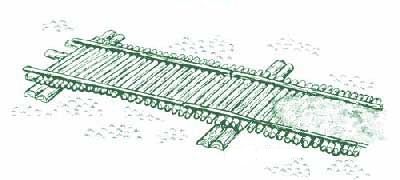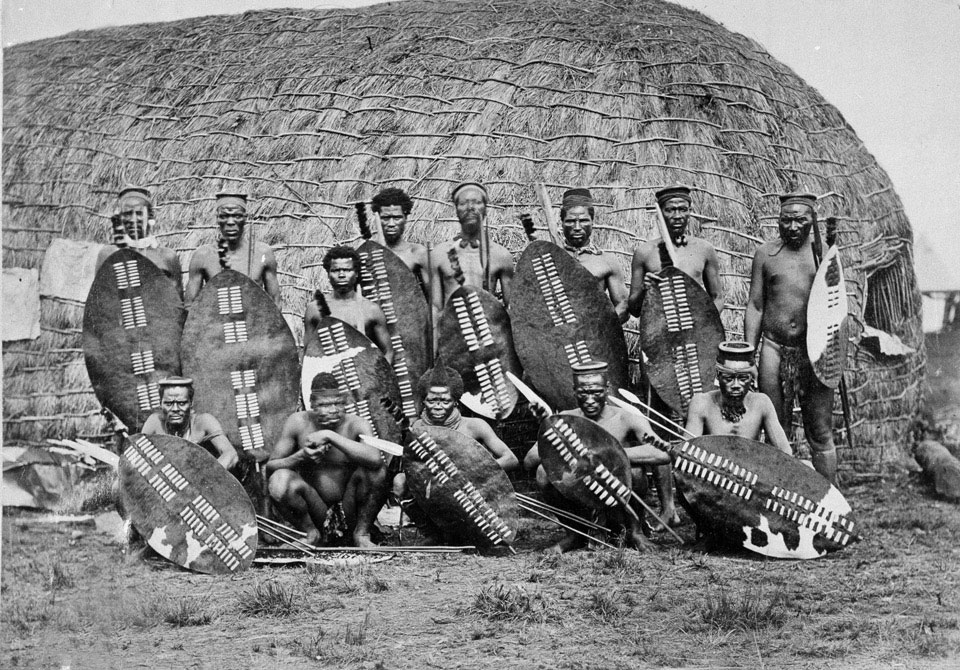|
Natal Pioneers
The Natal Native Pioneer Corps, commonly referred to as the Natal Pioneers, was a British unit of the Zulu War. Raised in November/December 1878 the unit served throughout the war of 1879 to provide engineering support to the British invasion of Zululand. Three companies were formed each comprising around 100 men and clad in old British Army uniforms. The units served at the battles of Isandlwana, Eshowe and Ulundi. Background The British High Commissioner for Southern Africa Sir Henry Bartle Frere had been attempting to form a confederation of British possessions in Southern Africa. As part of this ambition the annexation of Zululand was planned, this led to the Anglo-Zulu War of 1879. As part of preparations for this war the British military commander Frederic Thesiger (later and more commonly known as Lord Chelmsford) began gathering forces in the Colony of Natal for an invasion of Zululand. Chelmsford's plan called for an invasion by five columns of troops, though man ... [...More Info...] [...Related Items...] OR: [Wikipedia] [Google] [Baidu] |
Pioneer (military)
A pioneer () is a soldier employed to perform engineering and construction tasks. The term is in principle similar to sapper or combat engineer. Pioneers were originally part of the artillery branch of European armies. Subsequently, they formed part of the engineering branch, the logistic branch, part of the infantry, or even comprised a branch in their own right. Historically, the primary role of pioneer units was to assist other arms in tasks such as the construction of field fortifications, military camps, bridges and roads. Prior to and during the First World War, pioneers were often engaged in the construction and repair of military railways. During World War II, pioneer units were used extensively by all major forces, both on the front line and in supporting roles. During the 20th century, British Commonwealth military forces came to distinguish between small units of "assault pioneers" belonging to infantry regiments and separate pioneer units (as in the former Royal P ... [...More Info...] [...Related Items...] OR: [Wikipedia] [Google] [Baidu] |
Natal Native Contingent
The Natal Native Contingent was a large force of auxiliary soldiers in British South Africa, forming a substantial portion of the defence forces of the British colony of Natal. The Contingent saw action during the 1879 Anglo-Zulu War. The Natal Mounted Police was created in 1873 to bolster the defenses of Natal. It enlisted European officers, NCOs and natives. The infantry was created in 1878. Most enlisted troops were drawn from the Basuto and Mpondo tribes, which had had long experience fighting the Zulus. Establishment and organisation The Natal legislature established the Natal Mounted Police in 1873 and appointed Major J. G. Dartnell as commander. However, they were slow to appropriate funds for the organization. The first trooper enrolled in March 1874. The first headquarters were at Fort Napier in Pietermaritzburg. The infantry was created in 1878 under Lieutenant-Colonel Anthony William Durnford as part of the Zululand expeditionary force. The structure of the NNC fol ... [...More Info...] [...Related Items...] OR: [Wikipedia] [Google] [Baidu] |
Military Units And Formations Disestablished In 1879
A military, also known collectively as armed forces, is a heavily armed, highly organized force primarily intended for warfare. It is typically authorized and maintained by a sovereign state, with its members identifiable by their distinct military uniform. It may consist of one or more military branches such as an army, navy, air force, space force, marines, or coast guard. The main task of the military is usually defined as defence of the state and its interests against external armed threats. In broad usage, the terms ''armed forces'' and ''military'' are often treated as synonymous, although in technical usage a distinction is sometimes made in which a country's armed forces may include both its military and other paramilitary forces. There are various forms of irregular military forces, not belonging to a recognized state; though they share many attributes with regular military forces, they are less often referred to as simply ''military''. A nation's military may ... [...More Info...] [...Related Items...] OR: [Wikipedia] [Google] [Baidu] |

